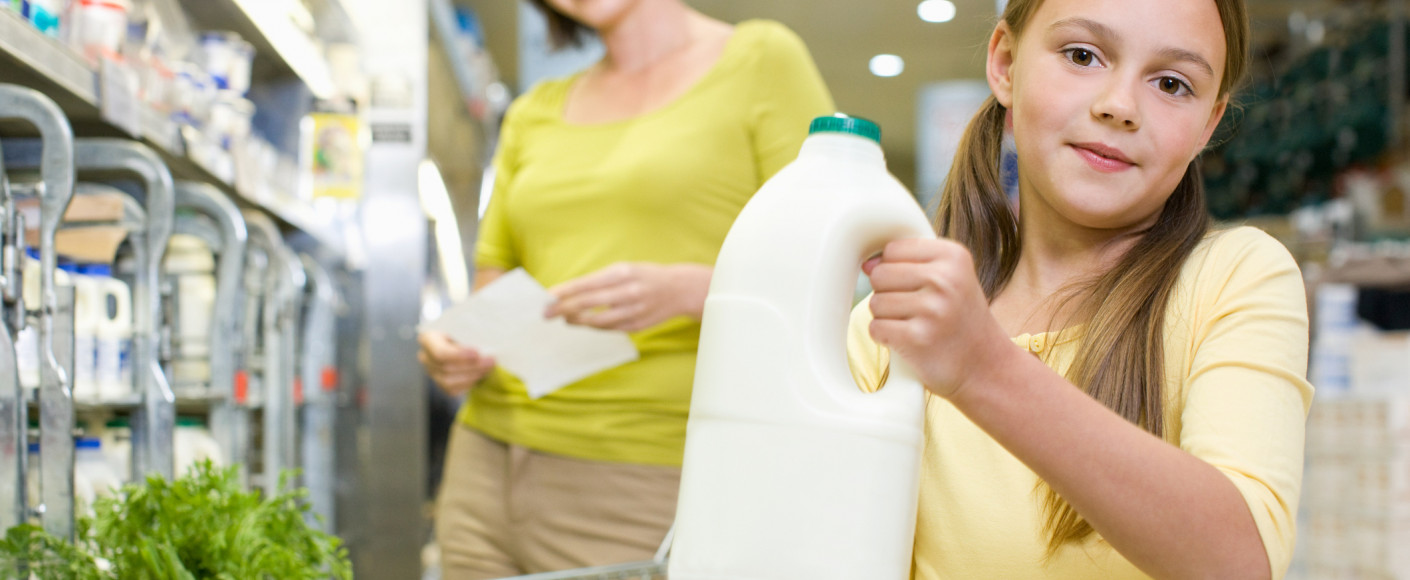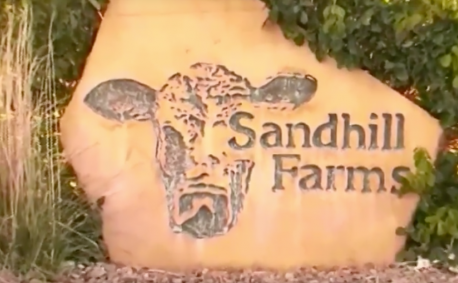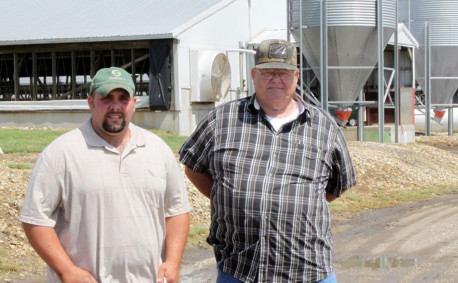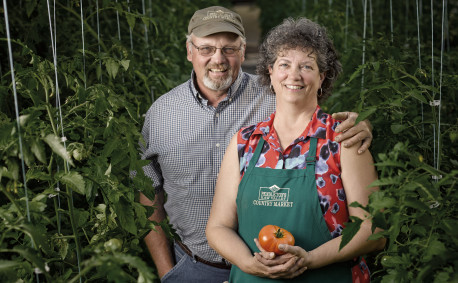Going Local at the Grocery
We all know farmers markets are a great place to buy local produce and meats. But did you know your local grocery store also has locally sourced foods?
A lot of people don’t realize that many foods don’t travel very far to get to their grocery store shelves. You might be buying local without knowing it!
3 Foods Grocery Stores Often Source Locally
1. Milk
There are dairy farms located in all 50 states. What does that mean? It means, unlike some specialty crops that only grow in certain parts of the country, your milk will almost always be local.
In Kansas, we have about 290 licensed dairy herds. Just one cow in the herd can produce more than 2,750 gallons of milk in a year. On top of that, it only takes milk about 48 hours to travel from a farm to your grocery store. So your grocery store milk isn’t just local; it’s very, very fresh!
The next time you reach for that jug of milk at the store, think about the Kansas dairy farmers and herds behind it. Better yet, meet one dairy family using cutting-edge robotic technology on their family farm!
2. Meat
Meat is one of Kansas’s top ag industries. About one-fifth of the cattle processed in the United States comes from Kansas. Kansas has the third highest number of cattle in the country and ranks third in red meat production. Plus, Kansas ranks 10th in hog production. (Bacon, anyone?)
So, chances are good the meat you find at your local grocery didn’t travel too far to get there.
Meet two Kansas hog and cattle families who raise quality meats using sustainable means.
3. Produce
Aside from farmers markets, you can often find small local markets that feature produce from Kansas and neighboring states. Some farmers will work with these markets so they have another place to sell their crops.
There are also specialty programs that bring the farm to your grocery. BoysGrow in Kansas City introduces urban youth to farming, and their products are sold at local restaurants and stores. Kansas State University also has a Rural Grocery Initiative designed to serve smaller communities.
It could also be the fruits and vegetables marked “Made in the USA” in your produce aisle came from close to home. Some farms contract with larger grocery stores or wholesalers who, in exchange, might provide equipment for harvesting, which would be too expensive for smaller farms to afford otherwise.
Meet a Kansas couple who runs a small market in Lawrence featuring produce from local farms, including theirs!





